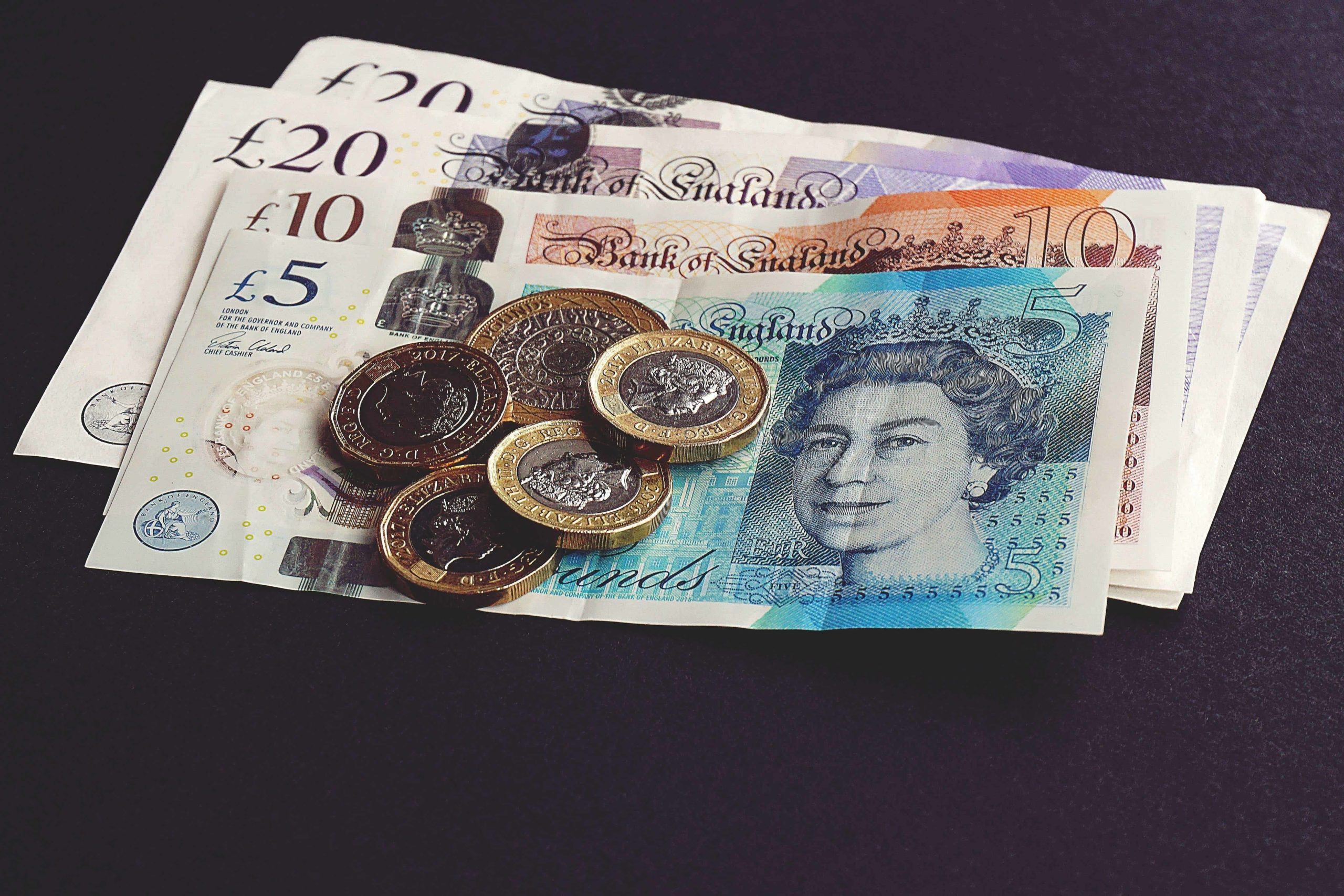
Budgeting weekly pay in a world of monthly bills can be tricky at first, but once you get the hang of it there’s nothing to it. Weekly pay has loads of advantages too, especially for employees in temporary positions. However, if you are struggling to manage your incomings and outgoings then don’t panic because we’ve put together our top tips for managing a weekly budget.
Know your incomings and outgoings
When on weekly pay it’s important to know how much you earn each month and how much your bills and expenses are as most bills are due to be paid at the beginning of every month. Write down how much you earn in total every month and make a list of all the monthly bills and expenses that you know you have to pay. This should give you a better idea of how much you have left to spend after the important things are paid for. The most common monthly payments are:
- Rent
- Gas/Electricity
- Water
- Internet
- Mobile phone
- TV
- Council tax
- Food
- Travel
- Any other subscriptions you may have
Have separate accounts
If you struggle to not spend the allocated money for bills and payments then it may be worth having separate accounts for spending money, bills and savings. This way you know exactly how much you have to spend on each item and it will make budgeting a lot easier.
Set money aside for a rainy day
As well as putting money away each week for your regular bills, it’s also really useful to put a little bit away each week into a savings account. Not only could there be an unexpected expense but it can also be used for holidays, birthdays and Christmases as well last-minute splurges. It’s also really helpful if you have a bigger goal in mind, such as saving for a car or deposit for a mortgage.
Separate your bills weekly
Once you know how much your monthly bills are, you can divide them by the total number of weeks in the month. Just keep in mind that this may vary from month to month, so be sure to keep it up to date. This figure is the amount you’ll need to put away each week so when the bill due date rolls around, you’ve already got the money saved to pay your bills.
Make sure you have money left for yourself
Although making sure you have some money saved for a rainy day and enough money for bills is really crucial, it’s also important to not leave yourself short. Budgeting isn’t all about paying bills and saving money, it’s also about making sure you have enough money to do the things you enjoy. Whether that’s going out for drinks with friends, shopping or eating out, it’s important to look after your happiness and well-being.








